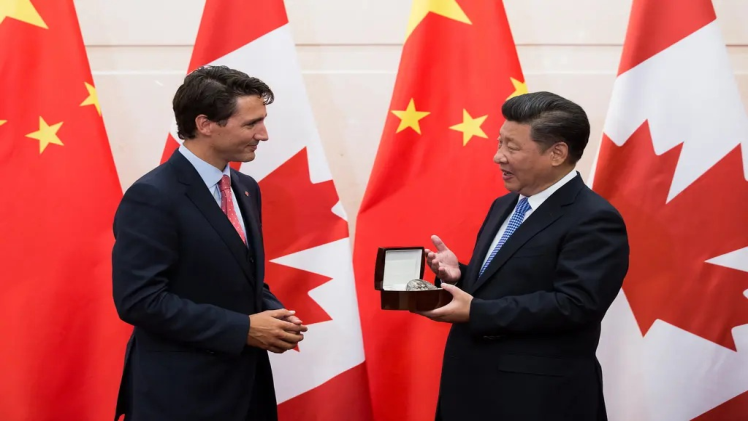In the dynamic landscape of international relations, China’s rise as a global power has emerged as one of the defining phenomena of the 21st century. As the world’s most populous nation and second-largest economy, China’s ascendance has sparked widespread debate and analysis, shaping the contours of global geopolitics and redefining the balance of power on the world stage. Examining China’s rise offers insights into the complex interplay of economic, political, and strategic factors driving global power shifts and reshaping the international order.
Economic Ascendancy
Central to China’s rise on the world stage is its remarkable economic transformation, characterized by rapid industrialization, urbanization, and export-led growth. Over the past four decades, China has undergone a staggering economic expansion, lifting hundreds of millions of people out of poverty and propelling itself to the forefront of the global economy.
As the world’s factory floor and a significant engine of global growth, China wields considerable influence in shaping international trade, investment, and finance. With a vast market of over 1.4 billion consumers and a burgeoning middle class, China’s economic clout extends far beyond its borders, significantly impacting global supply chains, commodity markets, and consumer trends.
Geopolitical Realignment
A corresponding geopolitical realignment has accompanied China’s economic ascendancy as Beijing seeks to assert its influence and advance its strategic interests on the world stage. From expanding its presence in the South China Sea to promoting its Belt and Road Initiative (BRI) across Eurasia and beyond, China is increasingly assertive in asserting its role as a global power.
At the same time, China’s rise has raised concerns among traditional powers, particularly the United States, leading to heightened competition and strategic rivalry in critical regions such as the Indo-Pacific. The evolving dynamics of Sino-American relations have profound implications for the future of global governance, security, and stability as both powers navigate a complex web of economic interdependence and geopolitical competition.
Technological Innovation
In recent years, China has emerged as a global leader in technological innovation, leveraging advances in artificial intelligence, biotechnology, and renewable energy to drive economic growth and enhance its strategic capabilities. From the development of 5G telecommunications networks to the expansion of digital payment systems and e-commerce platforms, China’s technological prowess is reshaping the contours of the global digital economy.
However, China’s technological ambitions have also raised concerns about data privacy, intellectual property rights, and cybersecurity, prompting calls for greater scrutiny and regulation of Chinese tech companies operating abroad. As the world grapples with the implications of China’s technological rise, the need for international cooperation and dialogue on digital governance becomes increasingly imperative.
Challenges and Opportunities
While China’s rise presents the international community with a range of challenges and uncertainties, it also offers opportunities for collaboration and cooperation on shared global challenges such as climate change, pandemic response, and sustainable development. As a significant stakeholder in the international system, China has a vested interest in maintaining stability and promoting prosperity on the world stage.
By engaging constructively with China and other rising powers, the international community can harness globalization’s potential to address pressing global issues and build a more inclusive, resilient, and sustainable future for all. Through dialogue, diplomacy, and cooperation, countries can navigate the complexities of global power shifts and forge a path towards a more peaceful and prosperous world order.

